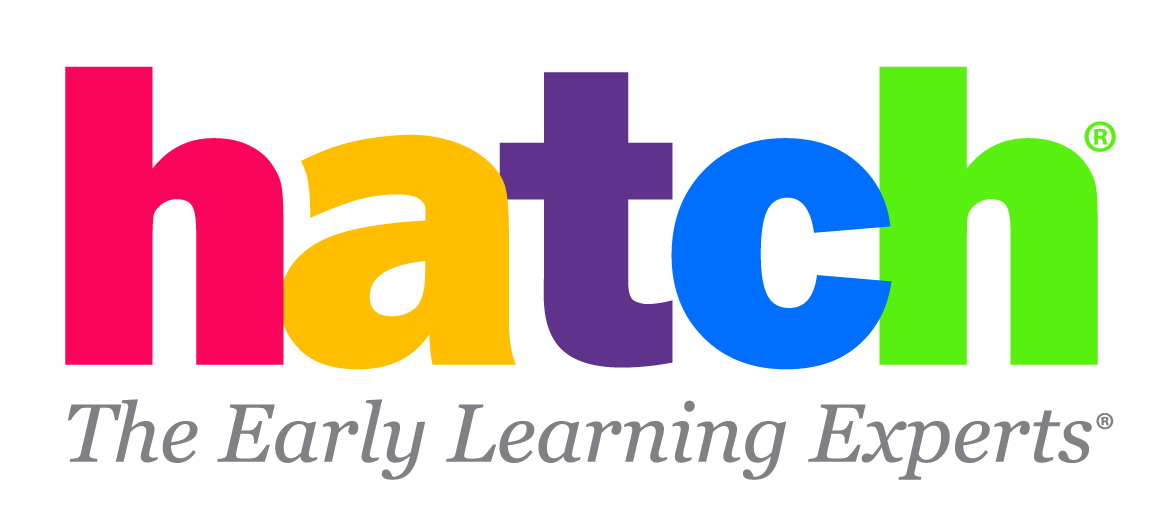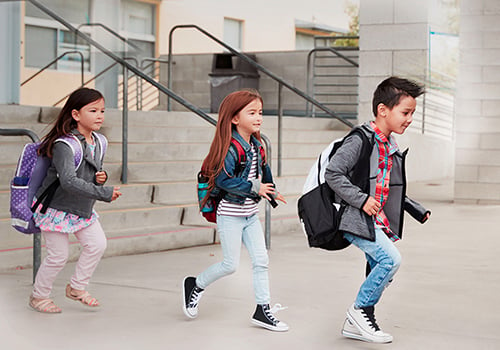After 26 years of working in early childhood education technology, quite frankly I'm a little weary of the discussions around school readiness and the achievement gap spinning endlessly without resolution.
There are so many "solutions" out there, but their impact is lacking.
In 2018, the Maryland State Department of Education (DOE) reported that more than half,53%, of kindergartners don’t demonstrate the skills necessary to start school. In 2017, using the STAR Early Learning Assessment, Florida's DOE reported 42% of kindergartners weren't ready for school, a six percent increase from the year before. As the numbers rise, more and more students are at risk of falling behind and eventually stumbling into that gaping hole known as the achievement gap.
Clearly, we, as parents, educators, and technology leaders, are obligated to ensure children across the country are ready for school and to help address the achievement gap. But the question is: How?
Why is school readiness such a baffling issue to tackle?
The journey to increasing school readiness rates is fraught with issues. First, there's a lack of high-quality content to teach the necessary skills. And while there are over 10,000 early learning apps available—that 99¢ app is about as much help as a 99¢ candy bar.
Children need to know more than numbers and shapes to achieve classroom readiness. Studies from the National Early Literacy Panel and the National Council of Teachers of Mathematics, tell us that students need instruction in areas such as language and communication, social studies, science and technology, and social-emotional development.
And then there's the web of issues surrounding assessing students' development of these skills. (Testing a non-reader is easier said than done.) Teachers in early childhood education programs tell us assessment takes an excessive amount of time. Assessing and inputting data and observations can take several hours per child every week, often leaving little time for actual instruction. Without quick, targeted assessment, teachers are left in the dark about where students are in terms of school readiness.
And don't forget students don't all arrive in a pre-K environment with the same abilities and learning styles. Teachers need to use their assessments to differentiate for students and plan individual, small group and whole group instruction—not teach to a majority.
What do early childhood educators need?
With these issues weighing heavily on our minds, we asked a dream team of early childhood education experts to help. We tasked them with one, pointed question; what should a child-facing technology tool that can instruct and collect assessment data look like? In other words, tell us what teachers and students need and we'll build it.
The group, which includes familiar names like Susan B. Neuman, ED.D Literacy & Language Professor & Department Chair, NYU came back to us with Ignite. Ignite pushes the boundaries of teaching and assessment using child-facing technology. In my mind, they created the hero to our foe: Ignite is the answer to the ongoing assessment challenge in early childhood classrooms.
But let's be clear, this isn't technology for the sake of technology. Ignite solves a real problem: taking instruction and assessment of readiness skills from time-consuming and overwhelming to ridiculously easy and fast.
While students play just 30 minutes of Ignite's games each week, Ignite does the heavy lifting. The system provides real-time information, support, and direction designed to help teachers guide instruction and support students outside of technology use.
Disrupting the assessment cycle: in the right way
In a traditional classroom, the assessment cycle looks like this:
- Teachers have objectives for the learning they need to assess in children
- They set up an environment for students to achieve the goal
- They observe, analyze, then score the observations
- Teachers enter that information into a system to ensure there is documentation or evidence of what they saw
Then teachers can hopefully use that information to see how children are developing and plan instruction. But this approach requires a lot of time and effort from teachers, and often entering the data takes weeks if not months. So by the time the data is entered, it's already outdated. Teachers miss the opportunity to differentiate, support, or reteach, and more importantly, students miss out on crucial learning skills.
Ignite disrupts that cycle making it faster and easier.
As children 28 months to 5 years old, play Ignite's research-based, standards-aligned, engaging interactive games and they get instructions via high-quality content. This helps them develop school readiness skills in areas like math, phonetics, and even social and emotional learning (SEL). Each game is designed by education experts to accelerate the development of school readiness skills.
As students play, Ignite captures and assess their learning in real-time, making questions and tasks harder or easier based on students' answers. Student learning is individualized, ensuring they move at their own pace and don't move on to a new skill until they've mastered what they're working on.
Ignite then takes those student assessments and instantly pushes that information to a teacher dashboard where educators can see full class and individual student progress. Ignite highlights where students are struggling and then suggests appropriate support activities. Teachers can also use assessment data to make immediate decisions about individual, small group, and whole group instruction. Whoa, right!?
Support for teachers, administrators, and families
What I love about Ignite is that we're supporting students, their families, and their schools. Ignite provides teachers with ongoing, objective documentation, scoring, hands-on-experiences to extend learning in the classroom, reports for planning and instruction, and professional development opportunities.
For administrators, Ignite is a tool they know aligns to kindergarten standards. The system also provides robust reporting including tracking reports to ensure the children in their program are on track to meet state-specific readiness goals.
What’s even more fantastic is that families gain ongoing, strengths-based information on their child's progress towards meeting readiness goals and the developmental milestones they will be working toward next.
A sigh of relief
We conducted a recent field study where teachers tested Ignite and provided feedback. It's always tense when you create something and then wait for feedback. But there were cheers of delight when we read the results. Teachers told us the data gathered through Ignite's games provided accurate measurements and valid documentation and scoring for teachers.
Teachers also told us they were relieved.
"This is a game-changer!" one teacher enthused. "Now, I really do have time to plan more thoughtful experiences," said another. You could almost hear their collective sigh of relief. Finally, there's an answer to the ongoing challenges of assessment and helping students achieve school readiness.
Those reactions tell me we're getting it right and we are definitely moving in the right direction for helping increase school readiness. Now let's get started!

